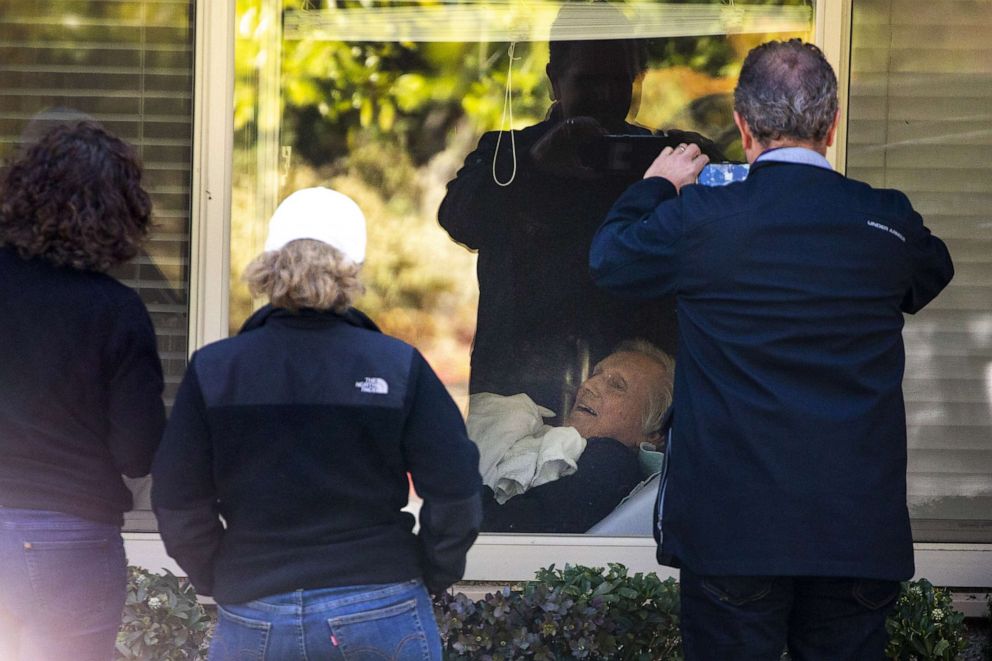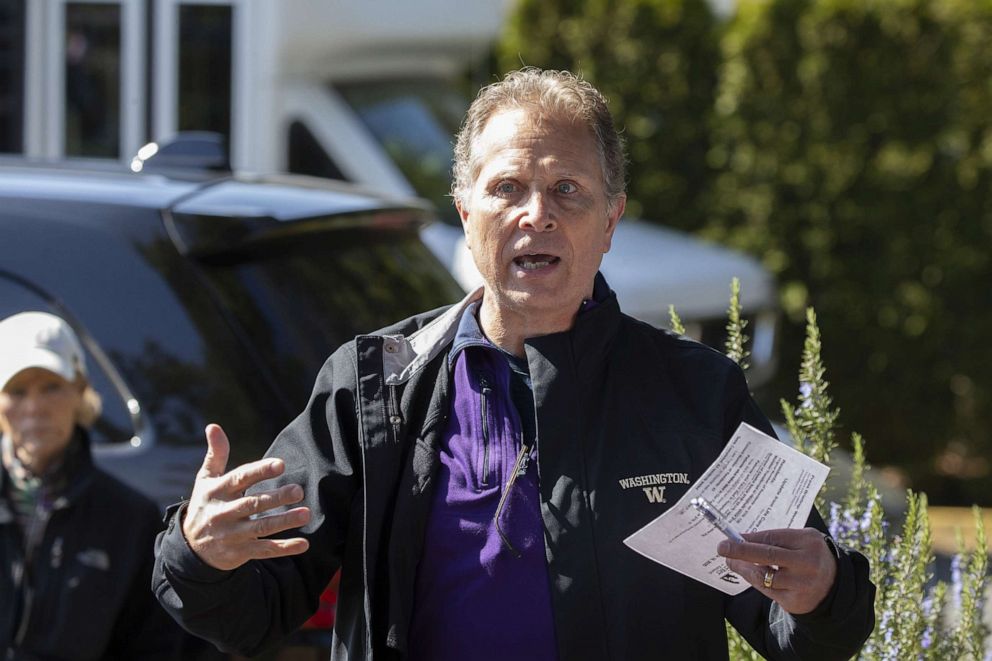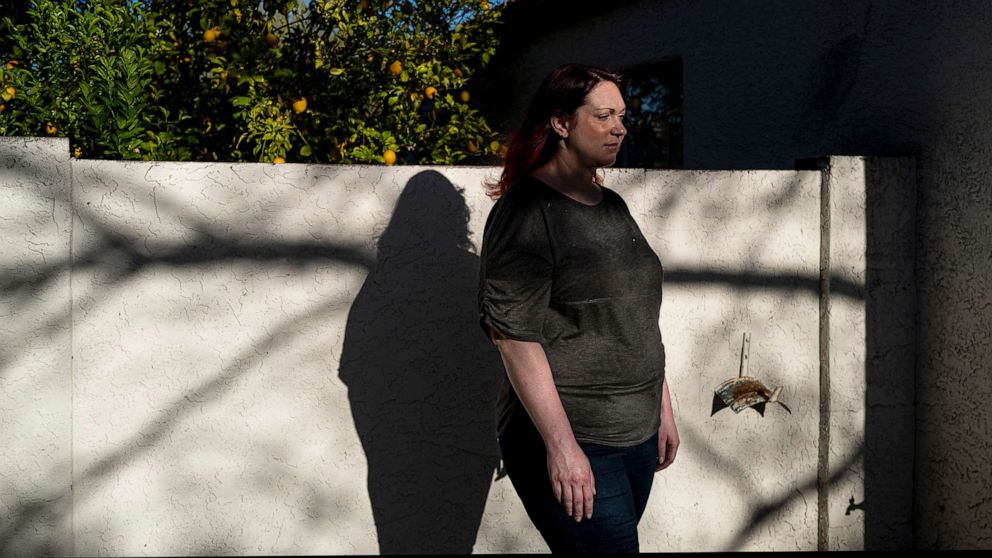Some feel survivor's guilt after recovering from the coronavirus
In the immediate future, the impact of COVID-19 will take its toll on infected individuals and their loved ones, the healthcare system, and the nation at large as social distancing practices continue. In the long term, individuals who recover from the novel coronavirus may be left with feelings of wrongdoing and trauma, a symptom called survivor's guilt.
"Survivor's guilt occurs when someone feels like they have done something wrong by surviving a traumatic event while other people did not," says Dr. Neha Chaudhary, child and adult psychiatrist at Massachusetts General Hospital, Harvard Medical School. During the pandemic, she has been conducting her private practice through telemedicine.
"It's a difficult yet common response to loss that seems to defy logic at first as usually there's nothing that a person could have done differently that would have prevented the loss around them," she continued.
Now, with more than 30,000 people in the United States already recovered from the deadly disease, mental health experts are warning that many may experience symptoms of survivor's guilt.
Clay Bentley, founder of Flowing Waters Ministries in Rome, Georgia, began to show symptoms of COVID-19 after participating in a choir at Liberty Square Church on March 15. Soon after, he was admitted to the ER due to low oxygen levels and pneumonia that developed from the novel coronavirus. After 11 days in the hospital, he was able to go home and self-isolate for the rest of his recovery.

"It broke my heart to know that some of the people that I sing with had passed away, and others were in the hospital fighting for their lives," Bentley said. "Sure, I felt guilty, you know? Sure, I felt like, God, what can I do? What should I do?" he explains. "This is bad, and I began to pray over people—and I'm still praying over people."
"For me, it's more guilt and stigma, and I don't know if those will go away," said Scott Sedlacek, VP sales and business development, Goldiam USA. Sedlacek and his 86-year old father both contracted the virus while his father was staying at the Life Care Center in Kirkland, Washington, which became America's ground zero center for the virus during the early stages of the pandemic. His father survived.
People who recover from COVID-19 can experience feelings of survivor's guilt regardless of the severity of their symptoms.
"I do consider myself a survivor," says Elizabeth Schneider, Ph.D, marketing program manager in biotech in Seattle, who was diagnosed with COVID-19 but only experienced mild symptoms.
"I almost feel like I don't really even deserve the name survivor," she explains. Luckily for Schneider, while she experienced moderate symptoms like fever, cough and chills, she didn't have to see a doctor or be hospitalized. "I think I do feel a little bit of guilt, like I almost don't deserve to be here, because I got the same thing that other people got and I'm standing and they're not," Schneider explains.

While a feeling of wrongdoing may linger, survivor's guilt can even bring more serious symptoms.
"It may occur by itself, or as part of a broader, more longstanding syndrome called post-traumatic stress disorder (PTSD) that can develop in response to a traumatic event," Chaudhary says. "If a person is experiencing certain symptoms like flashbacks, jumpiness or nightmares for longer than a month, they may want to see their doctor to get evaluated for a trauma-related condition like PTSD," she said.
But recovery can also be part of a healing process. If possible, people who recover from COVID-19 should try to focus their feelings toward community building and self-improvement, according to Chaudhary.
What to know about Coronavirus:
- How it started and how to protect yourself: Coronavirus explained
- What to do if you have symptoms: Coronavirus symptoms
- Tracking the spread in the US and Worldwide: Coronavirus map
"It's common for a life-threatening event to refresh a person's outlook on life and inspire a renewed sense of patriotism, spiritual connection or desire to give back to the community," says Chaudhary. "After almost losing it all, it's hard not to reflect on your values and how you want to live moving forward. It's a healthy way for people to cope with the intensity of the experience, channeling energy into things that people find important."
"I realize how close I came to not being here and not being able to give to others," said Sedlacek. "As a survivor, I hope I can compare to some of the Greatest Generation who survived World War II, served the country and got back, and made the country a better place. And I want to be that survivor that, whatever I can do till now till the end of my days, continues to make this country a better place."




